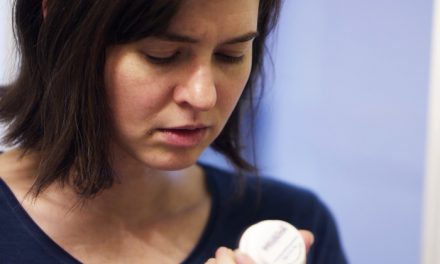Could you imagine having a loved one facing a chronic, life-threatening disease and not fully understanding the condition?
Many family members of people living with an addiction to drugs or alcohol are in this situation. They know that the person they care about is in the throes of something very serious; however, they are unfamiliar with the best ways to help. Drug and alcohol education groups are places where family members can learn about addiction in a safe, supportive environment.
Families Unprepared for Reality of Dealing with Addiction
No family ever pictures themselves having to cope with a loved one who is struggling with a drug or alcohol addiction. Even though addiction is not uncommon, it can make any family feel isolated.
Many families tend to close ranks and don’t talk about their addicted loved one with people outside of the family unit. This decision makes the situation even more isolating for the family.
Alcohol and Drug Educational Groups for Family Members: Education
When an addicted loved one enters a treatment program, he or she is taking the first step toward getting well. Addiction is a disease that affects the entire family, and attending alcohol and drug educational groups help family members start on their own road toward understanding and healing.
Attending an educational group can provide family members with insightful information about the nature of the disease of addiction. Families may have certain misconceptions and prejudices of their own about addiction that can be laid to rest as they learn the facts.
Education Groups Give Families Coping Tools
Alcohol and drug educational groups also give families tools they can use to cope with the challenging situation of dealing with an addicted loved one.
- Importance of Self Care
When a loved one is living with an alcohol or drug addiction, the situation is a stressful one for all the members of the family. In many instances, it takes a significant amount of time before the addicted family member gets the help they need.
The rest of the family may have forgotten how to do things that they enjoy during this time. Education groups explain the importance of self-care to the addicted person’s family members: it’s impossible to provide help and support to anyone else if one is running on empty.
- Family Dynamics
Addiction is a disease that affects the entire family, not simply the person who is involved with substance abuse. Some family members may be enabling their addicted loved one under the guise of trying to help. This type of codependence is not uncommon.
- Setting Healthy Boundaries
One of the benefits of being part of a family is that the members are a source of support to each other. There are times, though, when providing support becomes blurred with one’s own self-image. Setting healthy boundaries means letting go enough to allow your addicted loved one to experience the consequences of their choices.
- Improved Communication Skills
Many families could benefit from learning techniques for improving their communication skills. A number of techniques can be used to improve clarity in communications and convey directly to another person what we want. The benefit of teaching these skills is that family members can learn to ask for what they want, to negotiate in a fair manner without manipulating to get their needs met, and to say “No” when they need to without guilt.
- Conflict Resolution and Prioritization
All families have conflicts from time to time. Not all families know how to resolve their differences in a healthy manner, in which every member feels that their voice has been heard.
Not all conflicts within the family can, or need to be, resolved immediately. Prioritization teaches family members that good relationships are a process to be worked on over time.
The road for families with an addicted loved one is not easy. Attending alcohol and drug educational groups at The Aviary Recovery Center is a step that can provide invaluable assistance to those trying to understand and cope along with their addicted family member.
(888) 998-8655. We’re here to help.










